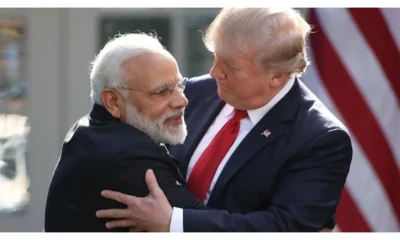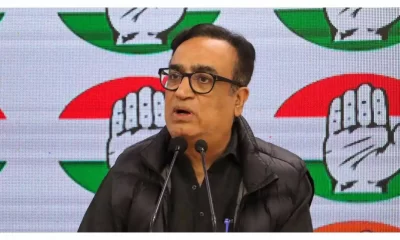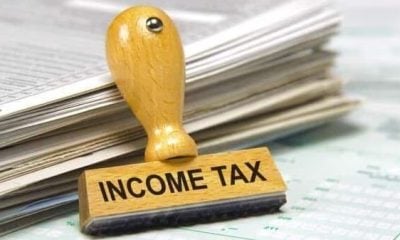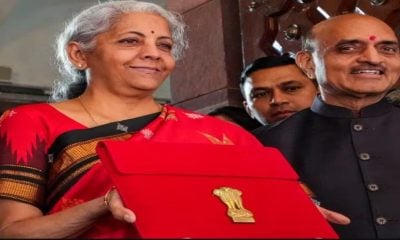Latest business news
Budget 2019-20: Diesel, petrol, gold costlier, plus other aspects for common man

India News
Union Budget 2026 highlights: Nirmala Sitharaman Raises Capex to Rs 12.2 Lakh Cr, West Bengal Gets Major Allocation
Finance Minister Nirmala Sitharaman is presenting the Union Budget 2026 in Parliament today. Follow this space for live updates, key announcements, and policy insights.
India News
Union budget 2026 to be presented on Sunday with special trading session
The Union Budget 2026 will be presented on a Sunday for the first time in over two decades, with NSE and BSE announcing special trading sessions for the day.
India News
Modi says right time to invest in Indian shipping sector; meets global CEOs
-

 Latest world news18 hours ago
Latest world news18 hours agoIndia rejects Hague court proceedings on Indus Waters Treaty
-

 India News19 hours ago
India News19 hours agoRahul Gandhi, Rajnath Singh clash in Lok Sabha over ex-Army chief’s unpublished book on Ladakh
-

 Latest world news4 hours ago
Latest world news4 hours agoTrump announces trade deal with India, claims New Delhi will stop buying Russian oil
-

 India News3 hours ago
India News3 hours agoMarkets surge as Nifty jumps 750 points after India-US trade deal
-

 India News3 hours ago
India News3 hours agoUS-India trade deal to strengthen strategic partnership, says Amit Shah
-

 India News3 hours ago
India News3 hours agoIndia welcomes US tariff cut as PM Modi thanks Trump for easing trade barriers
-

 LATEST SPORTS NEWS3 hours ago
LATEST SPORTS NEWS3 hours agoPakistan looks to force majeure as India boycott threat looms in T20 World Cup















